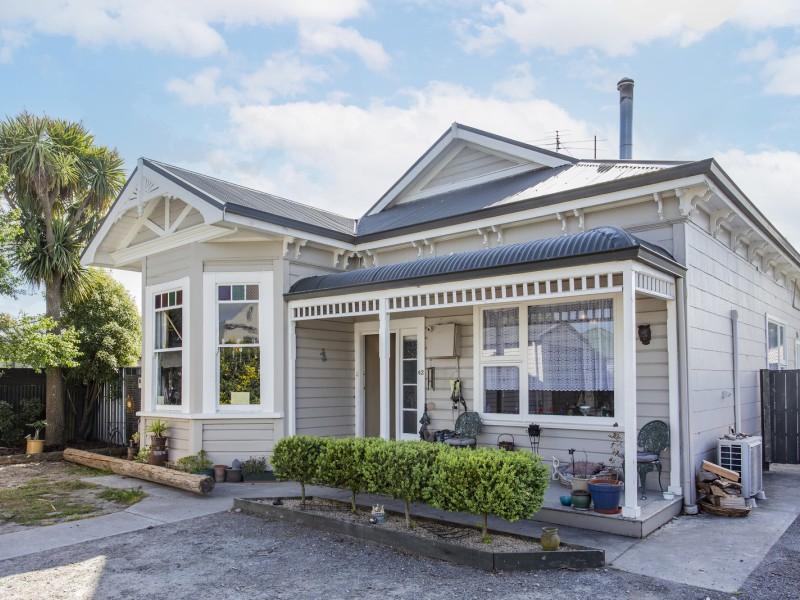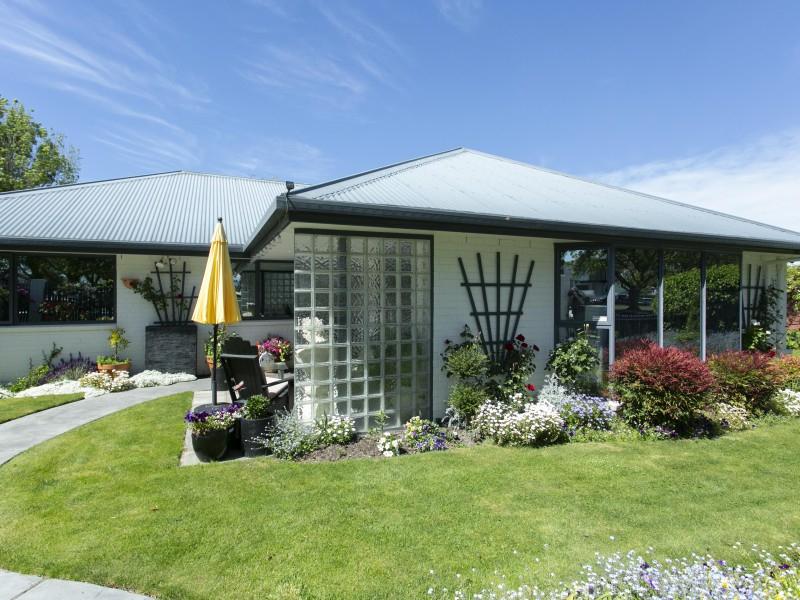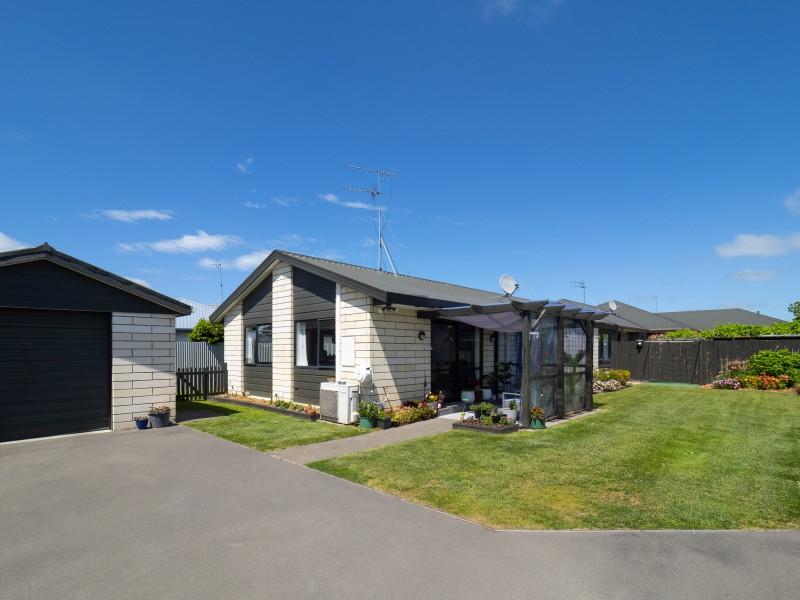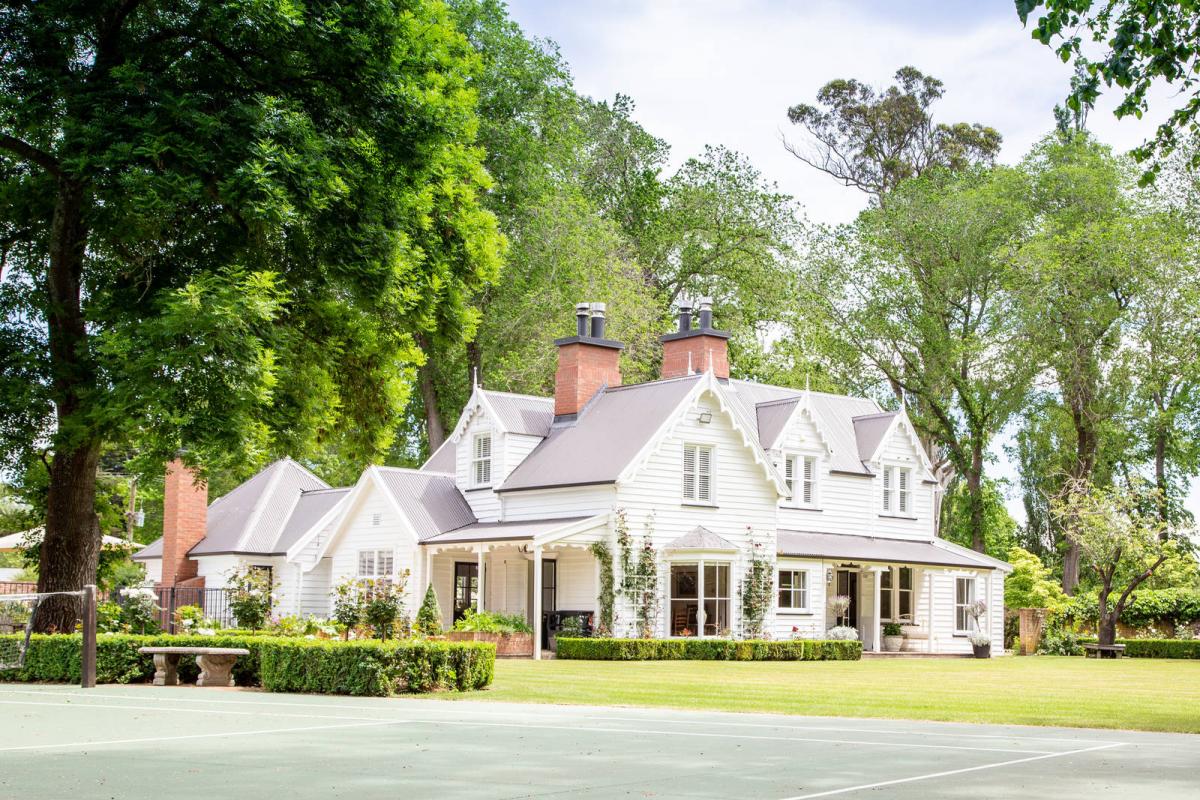Council questions ‘impossible’ drinking water standards
By David Hill, Local Democracy Reporter
Chlorine exemption applications have been withdrawn by the Waimakariri District Council due to ‘‘impossible’’ drinking water standards.
Mayor Dan Gordon said he has raised concerns with Local Government Minister Simeon Brown about the Water Services Act’s drinking water standards, which are imposed by national regulator Taumata Arowai.
‘‘In my conversation with the new minister I raised that it is almost impossible to achieve an exemption under the new standards, so maybe it is something that needs to reviewed,’’ he said at a council meeting on Wednesday.
The council voted to withdraw its applications for chlorine exemptions for the Rangiora, Kaiapoi, Oxford urban and Waikuku Beach drinking water supplies for now, and to write to Brown asking him to reconsider the standards.
An application for the Cust water supply was declined last year, while the Woodend-Pegasus exemption application is still being considered.
Three Waters manager Kalley Simpson said the council would have a better idea of what was needed to achieve chlorine exemptions once it had received feedback from the Woodend-Pegasus application.
‘‘We believe our applications in their current form would be declined, based on the Cust decision, so we need to withdraw and look to resubmit when we have done the necessary work.’’
He said initial estimates suggested it would cost up to $100 million to bring the six urban supplies up to an acceptable standard to receive a chlorine exemption.
The Rakaia Huts drinking water supply in the Selwyn district has received a chlorine exemption for five years, with conditions, Simpson said.
The council opted to chlorinate all of its drinking water supplies last year, after the Cust application was declined.
But Gordon said the council had not given up.
The Waimakariri district was one of the last to chlorinate its water supplies and the had long believed it had ‘‘gold standard’’ drinking water, which was fed to deep underground aquifers, Gordon said.
‘‘We have pushed back as strongly as we could and it is clear we are going to have to do more work to comply, but we are not giving up.’’
‘‘I don’t like the position we are in, but we are obligated to follow the law.
‘‘In order to achieve exemptions, the bar is incredibly high, so we need the new Government to consider whether that is acceptable.’’
Health experts recommend chlorine to kill harmful natural organisms that can grow in water, such as bacteria, viruses and parasites, and to make it safe to drink.
World Health Organisation studies show the small amount of chlorine needed to treat drinking water is safe for people.
Chlorine added when the water leaves the treatment plant continues to protect the drinking water by killing bacteria that enters the system, Taumata Arowai says on its website.
■ LDR is local body journalism co-funded by RNZ and NZ On Air.
It’s Riddle Time – You Might Need an Extra Cup of Coffee!
Nobody has ever walked this way. Which way is it?
Do you think you know the answer to our daily riddle? Don't spoil it for your neighbours! Simply 'Like' this post and we'll post the answer in the comments below at 2pm.
Want to stop seeing riddles in your newsfeed?
Head here and hover on the Following button on the top right of the page (and it will show Unfollow) and then click it. If it is giving you the option to Follow, then you've successfully unfollowed the Riddles page.

Poll: Do you think NZ should ban social media for youth?
The Australian Prime Minister has expressed plans to ban social media use for children.
This would make it illegal for under 16-year-olds to have accounts on platforms including TikTok, Instagram, Facebook and X.
Social media platforms would be tasked with ensuring children have no access (under-age children and their parents wouldn’t be penalised for breaching the age limit)
.
Do you think NZ should follow suit? Vote in our poll and share your thoughts below.

-
84.7% Yes
-
13.9% No
-
1.4% Other - I'll share below
Heritage gem or dangerous burden? Bowling club’s dilemma with historic pavilion
By David Hill, Local Democracy Reporter
A Rangiora sports club is frustrated with the increasing maintenance and insurance costs of its 113-year-old pavilion, which can't be demolished due to its historic importance.
The Rangiora Bowling Club approached the Waimakariri District Council last year for help, but was yet to find a satisfactory solution for the pavilion.
It is registered with Heritage New Zealand and listed in the Waimakariri District Plan, leaving the club with few options.
The club’s ex-president Norman Hewett said the pavilion on Good St, north of the town centre, is unsafe and no longer fit for purpose.
Hewett said the council has been supportive and Heritage New Zealand has offered advice, but no funding.
‘‘Everybody thinks the building is worth preserving, but there is a cost and it shouldn’t be put on the bowling club.
‘‘As far as we are concerned it is not fit for purpose and we want to know how we can get round that.
‘‘We want to know what the community thinks and if they want to retain it, are they willing to pay for it?’’
The club has formed a sub-committee to explore what options are available.
Sub-committee member Rodger Wilton said the club has been unable to find any record that the club had a say when the building was given heritage status.
Built in 1911, the pavilion served the Rangiora Bowling, Tennis and Croquet Club, which originally shared the site.
It cost 945 pounds and was opened on October 28, 1911.
The three clubs purchased 1.25 acres on the corner of Blackett and Good streets in April 1905, but later parted company, with tennis and croquet moving to new sites.
While no quotes have been sought, Hewett believed it would cost more than $1 million to bring the pavilion up to code.
Ideally the club would like to demolish the pavilion so it can upgrade its main building and remain on site.
The stairwell was non-compliant and there was no wheelchair access, meaning the club was unable to use the upstairs facilities.
There are loose tiles on the roof which need replacing.
An attached building behind the pavilion is sufficient to meet the needs of the 140 members and for hosting the largest bowls tournament in North Canterbury, Hewett said.
He said the club is open to all options, including a land swap or selling to a developer with the expertise to restore the pavilion.
Waimakariri District Council community and recreation manager Chris Brown said the council is working through various opportunities with the bowling club as part of a feasibility study.
‘‘There are a lot of options to consider. Each have various financial, social and operational implications.’’
Heritage New Zealand Pouhere Taonga said it had ‘‘expressed support for the adaptive reuse of the building and supported the club’s intention to investigate options for the pavilion and the associated land parcel’’.
The Rangiora Bowling Club is keen to hear the views of the community. Email rangiorabowling@gmail.com.
■ LDR is local body journalism co-funded by RNZ and NZ On Air.
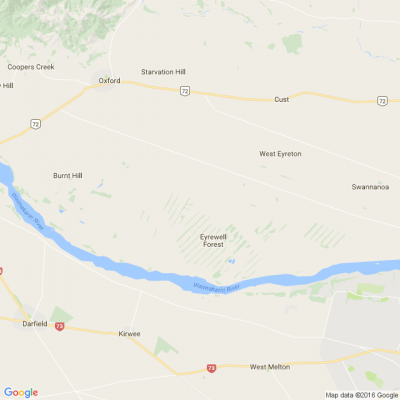
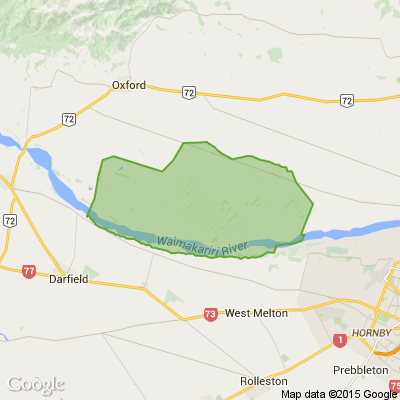







 Loading…
Loading…





